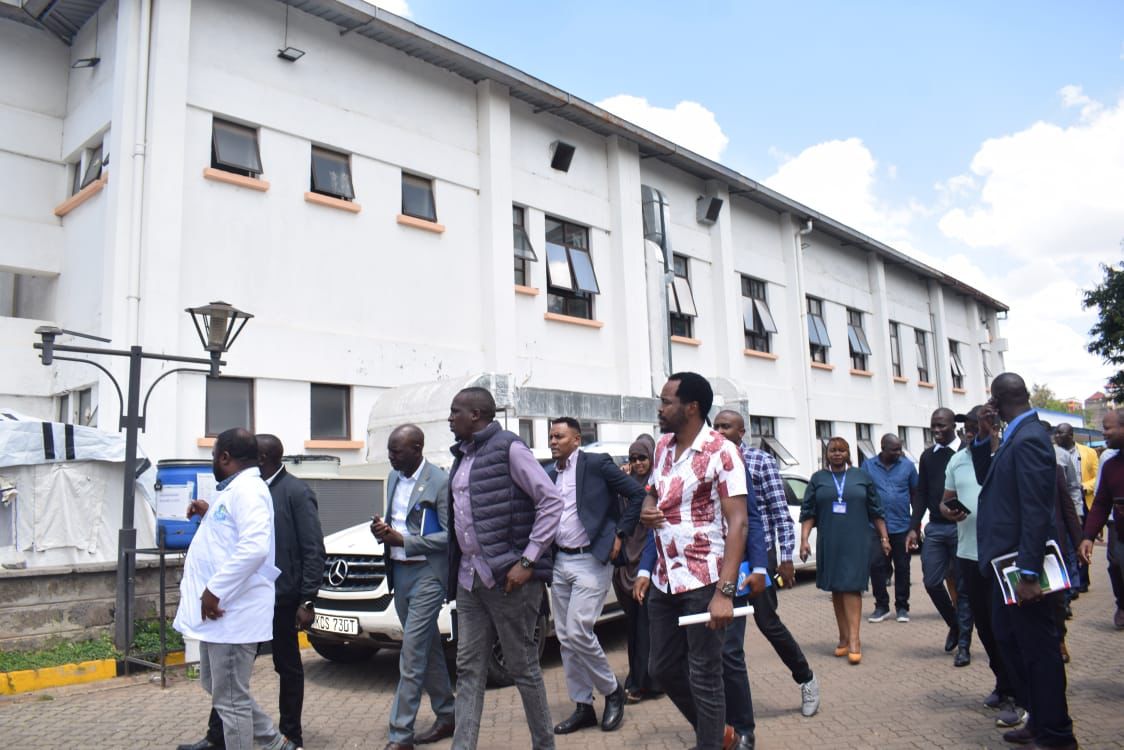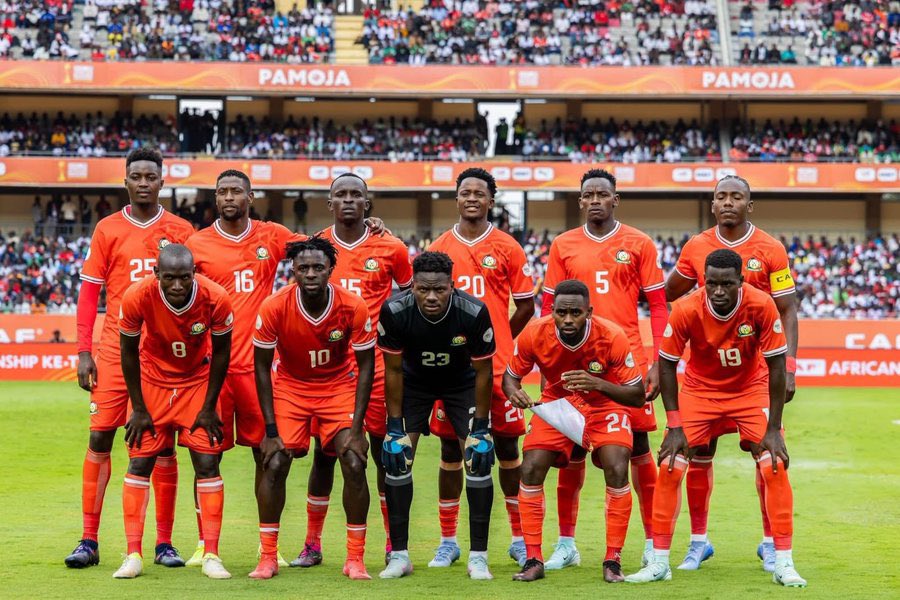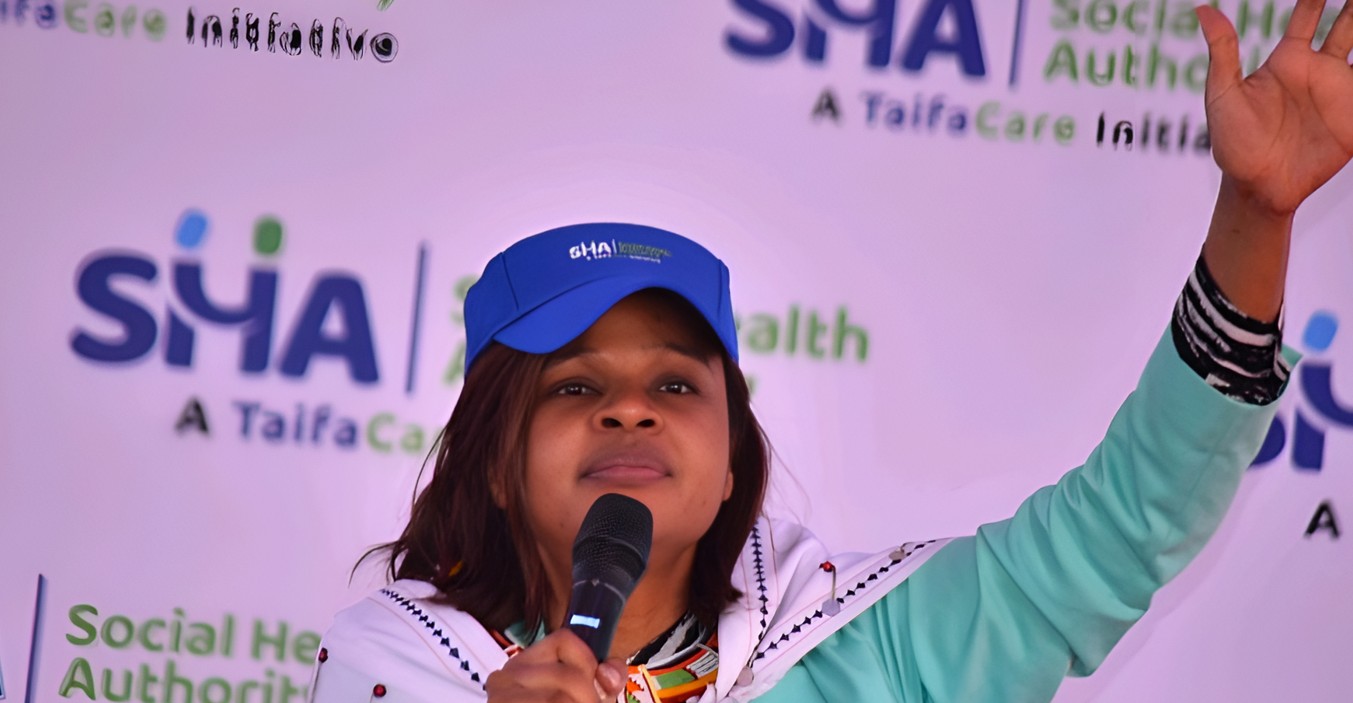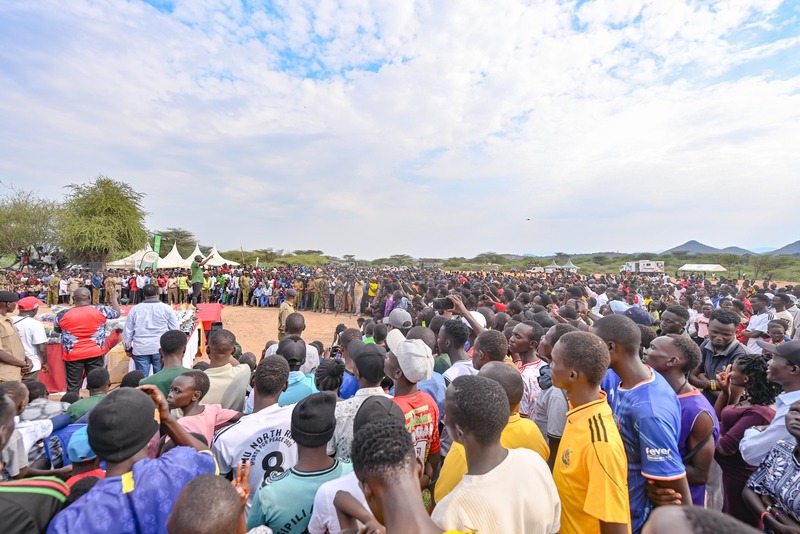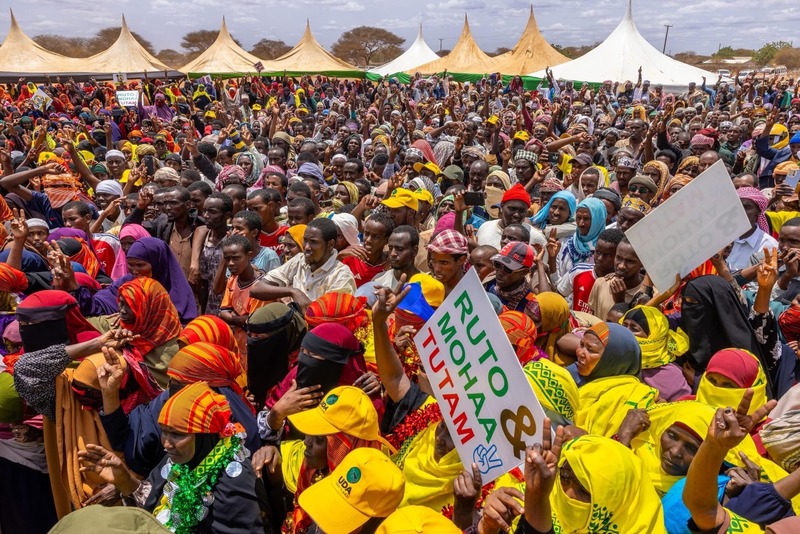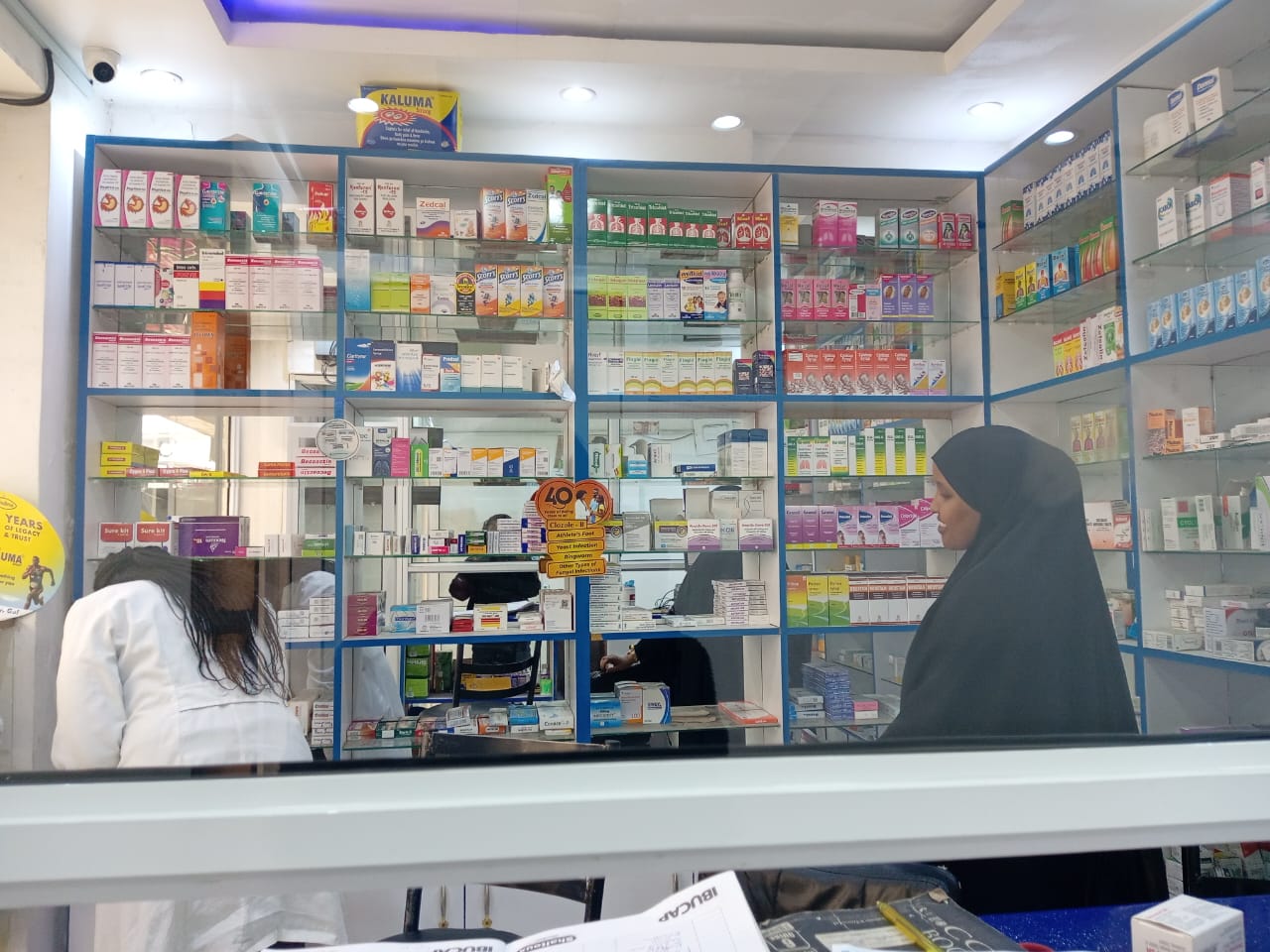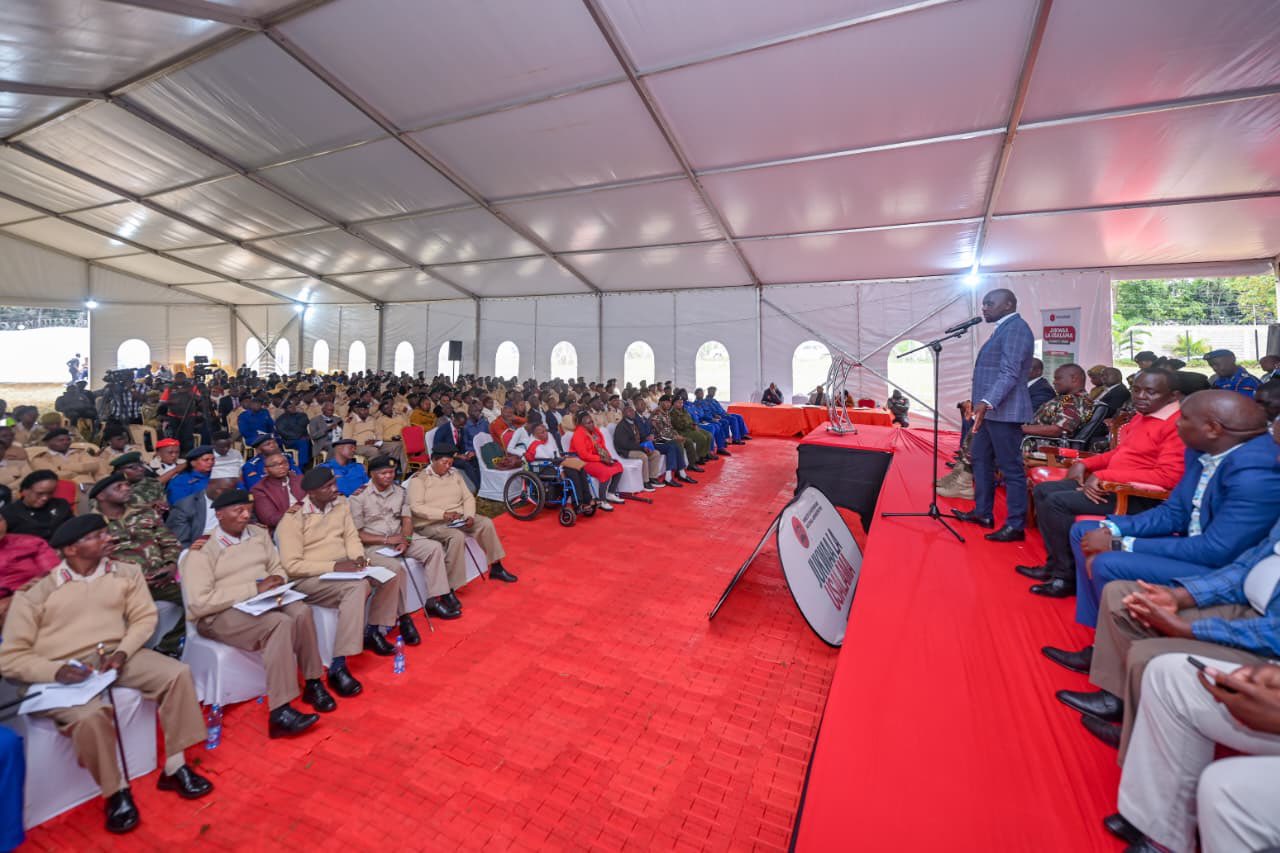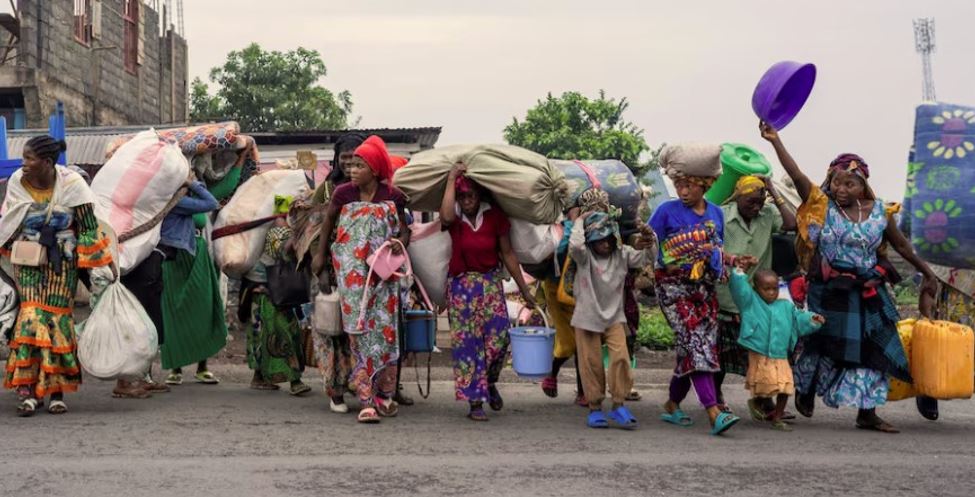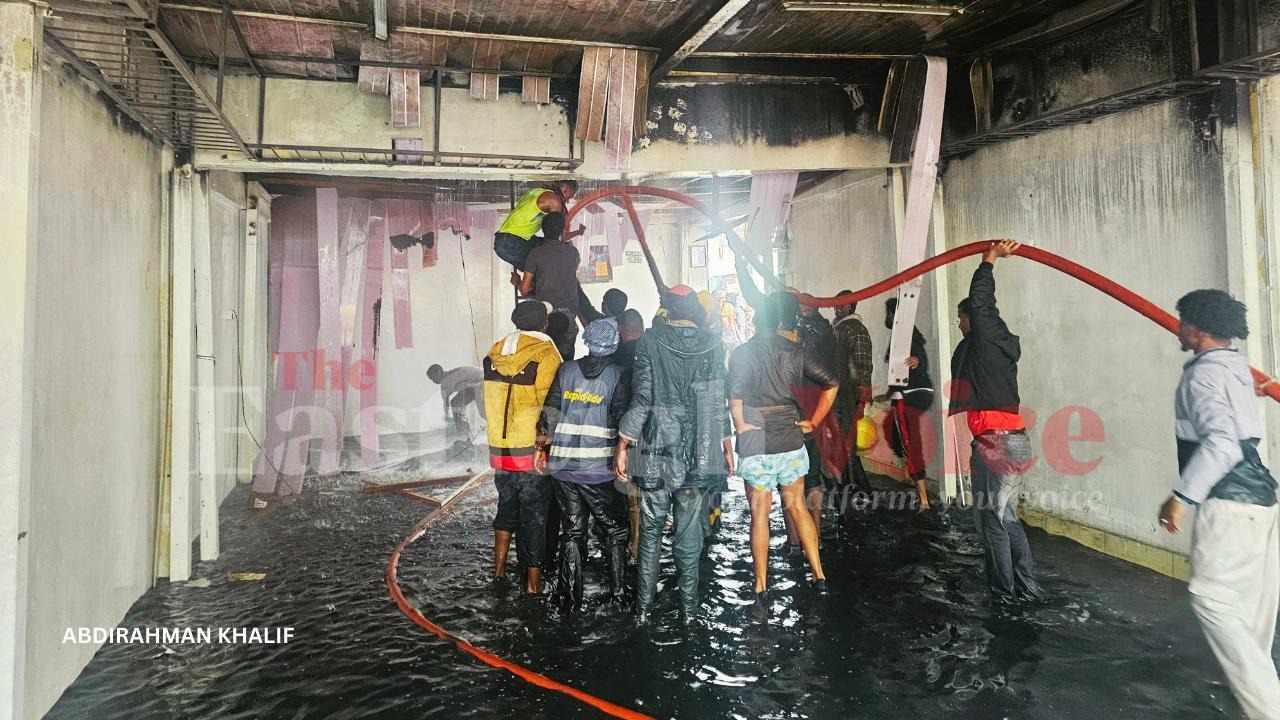Senate report exposes 22 counties denying special groups tenders
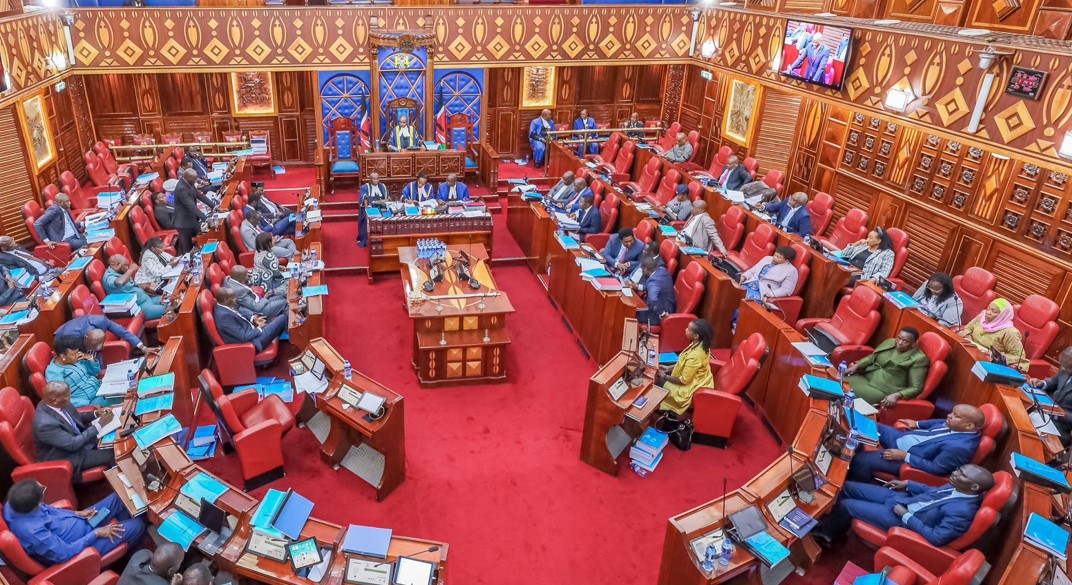
The report reveals that despite many disadvantaged groups holding valid procurement certificates, the counties continue to sideline them.
A Senate report has exposed 22 county governments for denying procurement opportunities to youth, women and persons with disabilities, in clear violation of the law requiring public entities to reserve at least 30 per cent of tenders for special interest groups.
The findings are contained in an investigative report by the Senate National Cohesion Committee on access to government procurement opportunities, tabled in the House last week.
More To Read
- State vows crackdown on politically connected contractors, corrupt civil servants
- Government contractors, suppliers risk ban if not registered on e-procurement portal by July 1
- Over 60 tenders issued by IEBC since 2023 despite leadership vacuum - report
- Governors demand direct donor access, reinstatement of Devolution Ministry
- Court clears KEBS to proceed with inspection tender
- Financial distress threatens devolution as counties struggle with bloated wage bills, delayed funds
It reveals that despite many disadvantaged groups holding valid procurement certificates, the counties continue to sideline them.
The report shows that some registered youth, women and disability-owned businesses are being used as middlemen, rather than executing the contracts themselves.
“This practice undermines the purpose of the Agpo initiative and limits direct benefits to the intended groups,” the report says.
According to the committee, many of the same few businesses are repeatedly awarded tenders, denying a wider group of eligible beneficiaries a fair shot at the opportunities.
“Instead of ensuring fair competition and inclusivity, these entities repeatedly award contracts to the same suppliers, failing to rotate opportunities as required by procurement regulations,” it adds.
The counties that fell short of the legal 30 per cent threshold include Kwale (19.9 per cent), Wajir (8.8 per cent), Isiolo (11.8 per cent), Meru (10 per cent), Embu (18.89 per cent), Kitui (17.39 per cent), Machakos (6.6 per cent), and Makueni (21 per cent).
Others are Nyeri (27.1 per cent), Kiambu (19.13 per cent), Turkana (24 per cent), Nandi (28.23 per cent), Baringo (21 per cent), Nakuru (27.4 per cent), Samburu (9.2 per cent), Narok (14.1 per cent), Kericho (10.6 per cent), Vihiga (15 per cent), Migori (10.95 per cent), Nyamira (11.83 per cent), and Nairobi (10.7 per cent).
The probe was triggered by national protests led by the youth, popularly known as Gen Z, over widespread claims of exclusion in job and procurement deals across county governments.
The Senate committee has now recommended that the Public Procurement Regulatory Authority submit yearly reports to the Senate to track county compliance with the Access to Government Procurement Opportunities (AGPO) requirements.
“The county governments should develop and implement affirmative action programmes and benchmark with their better-performing counterparts to ensure compliance with Section 53(6) of the Public Procurement and Asset Disposal Act,” the report states.
It also notes that many disadvantaged groups lack skills and knowledge of procurement procedures, making them less competitive.
The committee is urging county governments to make job and tender notices more accessible through social media, national radio and TV stations, and local leadership to reach all eligible candidates.
Top Stories Today





